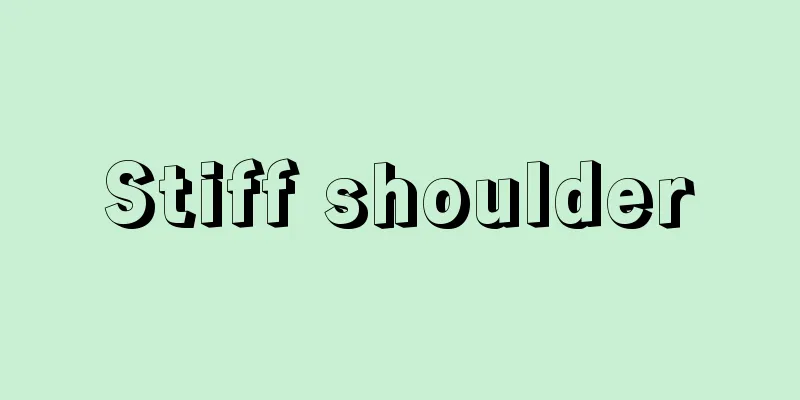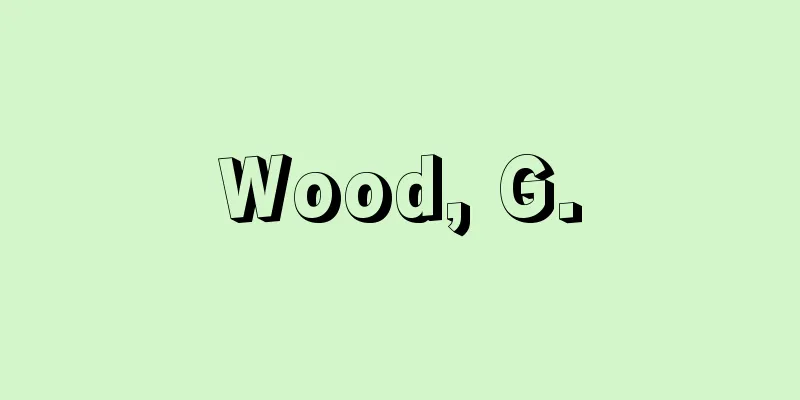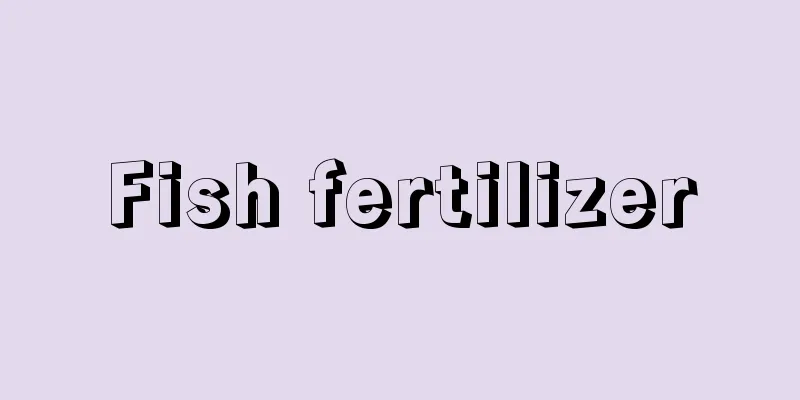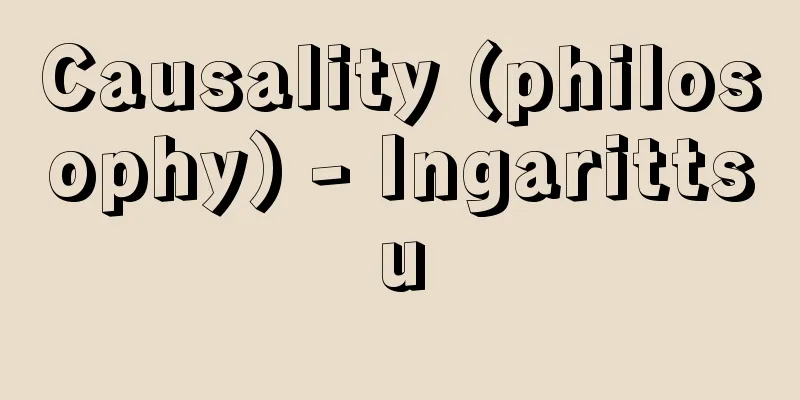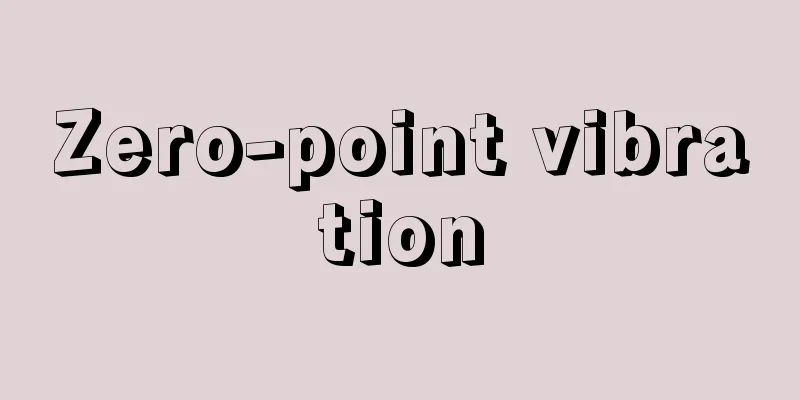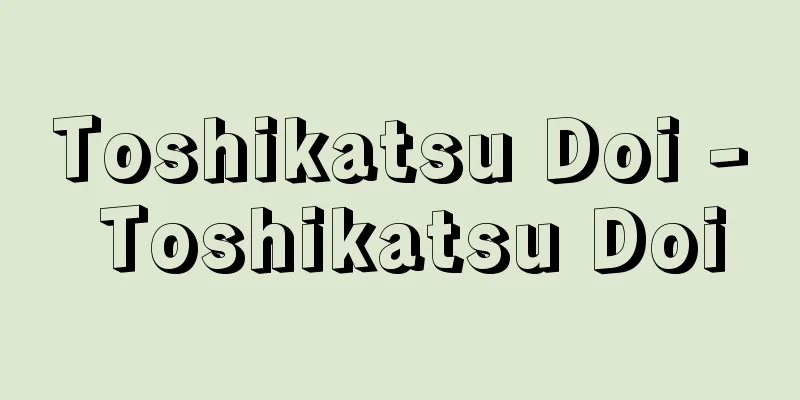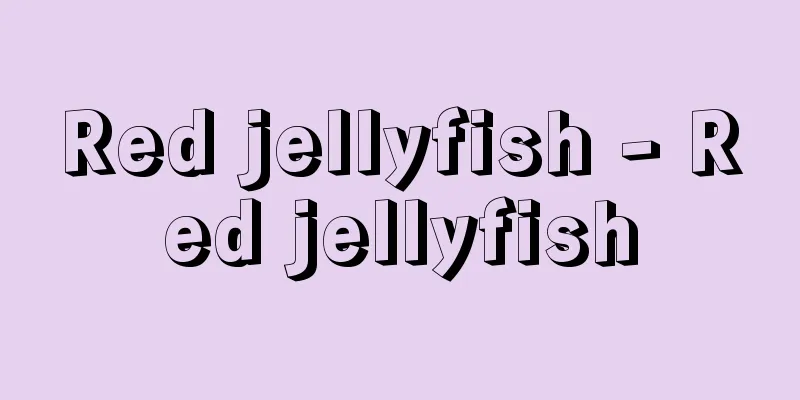Iroha Karuta
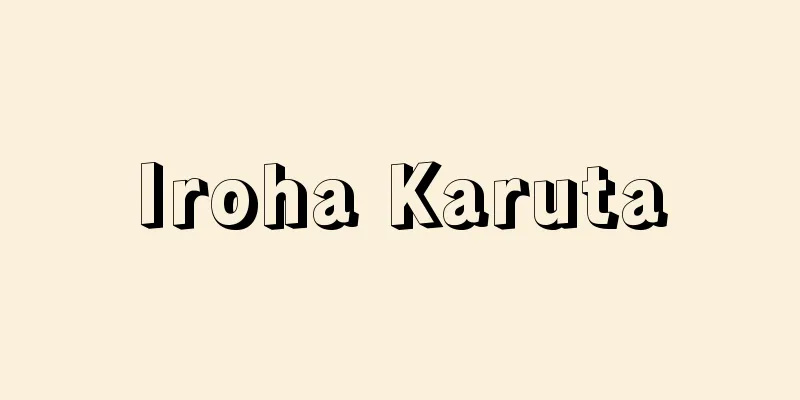
|
A type of song karuta aimed at children. It consists of 48 letter cards with the 47 characters of "Iroha" plus the character "Kyo" as the first letter, and 48 picture cards, for a total of 96 cards in one set. From the mid-Edo period, various "Iroha ho" appeared, in which each of the 48 characters of "Iroha" was used at the beginning of a verse to create moral proverbs or similes. They were called "Iroha moral song" or "Iroha tanka," and came in a variety of forms, including tanka, Chinese poetry, and haiku. These were made into games, and eventually during the Bunka era (1804-18), this format was incorporated into karuta to create "Iroha garuta." The letter cards have proverbs or similes that start with the first letter of each of the "Iroha" characters, and the picture cards have explanations of their meanings and the first letter. Among them, the one that begins with "Even a dog will find a stick if it walks" is well known, and is also called "Inubou Karuta". It is said that the one drawn by Katsushika Hokusai became the so-called "so-style". This is the Edo-made "Iroha Karuta", and it is said that this type of karuta first originated in the Kyoto-Osaka region and moved to Edo, where it became popular. Therefore, the phrases of the karuta are different in Edo, Kyoto, and the Osaka region. In the Nagoya region, "Owari Karuta" is known, which is a mixture of "Edo Iroha" and "Kamigata Iroha". There are two ways to play: "Scatter", where picture cards (tori-fuda) are scattered, the character cards are read out, and the person who picks up the most cards wins, and "Genpei", where two groups compete against each other. The phrases are light-hearted and the game is easy to play, so it became a popular New Year's game for children, and in addition to "Inubou Karuta", other types such as "Eiyuu Iroha Musha" were also produced. Recently, it has been featured on television, in comics, and in other media. [Ryosuke Saito] Source: Shogakukan Encyclopedia Nipponica About Encyclopedia Nipponica Information | Legend |
|
子供向きの歌がるたの一種。「いろは」47字に「京」の字を加え、これらを頭(かしら)文字とした字札48枚と、同じく絵札48枚、計96枚を1組にしたもの。江戸中期から「いろは」48文字をそれぞれ句の始めに詠み込んで教訓的な諺(ことわざ)、譬(たとえ)にしたさまざまな「いろは譬」が登場した。「いろは教訓歌」「いろは短歌」などとよばれ、短歌形式のもの、漢詩や俳句式のもののほか各種がある。それらが遊戯化され、やがて文化(ぶんか)年間(1804~18)ころ、その形式をかるたに取り入れて「いろはがるた」が生まれた。字札には「いろは」をそれぞれ頭文字にした諺、譬が書いてあり、絵札にはその意味の絵解きと頭文字が記してある。なかでも「犬も歩けば棒に当たる」に始まるものがよく知られており、「犬棒かるた」の名でもよばれている。葛飾北斎(かつしかほくさい)が描いたものなどが租型になったともいう。これは江戸製の「いろはがるた」で、この種のかるたは最初京坂地方に発生し江戸に移って流行したといわれる。したがって江戸と京、大坂地方では、かるたの文句が異なっている。名古屋地方には「江戸いろは」「上方(かみがた)いろは」の両者が混合したりしている「尾張(おわり)かるた」が知られる。遊び方は、絵札(取り札)をまいて、字札を読み上げ、数多く札を拾い取った者を勝ちとする「散らし」と、2組に分けて争う「源平」などがある。文句が軽妙なうえ遊び方もやさしいので、子供の正月遊びとして親しまれ、「犬棒かるた」のほか「英雄いろは武者」などの類型も続出した。最近ではテレビ、漫画などのマスコミものが出回っている。 [斎藤良輔] 出典 小学館 日本大百科全書(ニッポニカ)日本大百科全書(ニッポニカ)について 情報 | 凡例 |
<<: Iroha Jiruisho - Iroha Jiruisho
Recommend
One person - Ichinohito
The person with the highest authority. It can also...
ground effect machine
...They are also called ACVs (short for air cushi...
False myrrh - Gimotsuyaku
… Frankincense and myrrh were thus the main perfu...
Shigeharu Matsumoto
A journalist from the Showa period. Born in Dojim...
Kreisfreie Stadt (English spelling)
…The country is a federal state, and the local sy...
Imperial Theatre
Name of the theater. It opened in March 1911 (Mei...
Odd nucleus
…This shell effect is known to be important not o...
Omikeno - Omikeno
[raw]? [Died] Emperor Keitai 24th year (530). An a...
Modern Greek
… After the collapse of the Roman Empire, Greek w...
Archibald Creswell
1879‐1974 British scholar of Islamic architecture....
uli'uli (English spelling) uliuli
...The basic instruments that accompany the hula ...
Space - kuukan (English spelling) space English
The entire place where something can exist. Space...
Ahriman - Ahriman (English spelling)
Also called Ahriman. Medieval Persian name of Ang...
Angular back - Kakujo Totsuhai
...the 13th daughter (Jusan no Kimi) of the Shin ...
Upbeat - Uwajyoshi
〘noun〙① A shamisen that, when playing in a high-lo...
